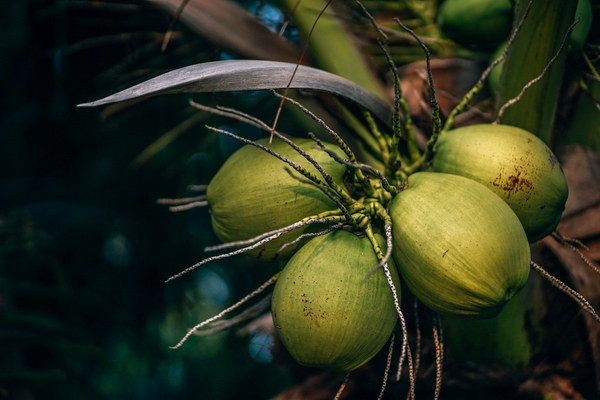Does Acupoint Wailai Palace Really Improve Kidney Health
Introduction:
In traditional Chinese medicine, the concept of Qi or vital energy is fundamental to understanding health and wellness. Acupuncture, as a key component of traditional Chinese medicine, involves inserting fine needles into specific points on the body to restore balance and promote healing. One such point, known as Wailai Palace, is believed to have a significant impact on kidney health. In this article, we will explore the effectiveness of using Wailai Palace to nourish the kidneys and whether it truly provides tangible benefits.

Understanding Wailai Palace:
Wailai Palace, also known as GB34, is an acupoint located on the lateral aspect of the lower leg, between the lateral malleolus and the head of the fibula. According to traditional Chinese medicine, this point is closely related to the kidney and its functions, such as the regulation of water metabolism, excretion of urine, and reproduction.
The Concept of Nourishing the Kidneys:
In traditional Chinese medicine, kidney health is of paramount importance as it is believed to be the root of vitality and longevity. The kidneys are responsible for storing Essence (Jing), which is considered the fundamental substance of the body. As people age, it is believed that their kidney energy decreases, leading to various health issues. Therefore, nourishing the kidneys is essential for maintaining overall well-being.
Acupuncture and Wailai Palace:
Acupuncture, including the stimulation of Wailai Palace, is believed to help nourish the kidneys by balancing the flow of Qi and blood in the body. Proponents of this practice claim that it can provide numerous benefits, such as:
1. Improving kidney function: Acupuncture may help enhance the kidney's ability to filter waste products from the blood, regulate fluid balance, and produce hormones.
2. Reducing stress: Acupuncture is known for its stress-relieving effects, which can contribute to better kidney health by reducing the workload on the organs.
3. Pain relief: People suffering from kidney-related pain, such as kidney stones or chronic kidney disease, may find relief through acupuncture, including the stimulation of Wailai Palace.
4. Improving sleep: Kidney health is closely linked to sleep quality. Acupuncture may help improve sleep patterns, thereby supporting kidney health.
Scientific Evidence:
While anecdotal evidence and traditional beliefs support the use of Wailai Palace for kidney health, scientific research is limited. However, some studies have shown promising results:
1. A randomized controlled trial published in the Journal of Acupuncture and Meridian Studies found that acupuncture, including the stimulation of Wailai Palace, can improve kidney function in patients with chronic kidney disease.
2. Another study published in the Journal of Alternative and Complementary Medicine reported that acupuncture, including the stimulation of Wailai Palace, may help alleviate symptoms of kidney stones, such as pain and nausea.
Conclusion:
While the use of Wailai Palace for kidney health is based on traditional Chinese medicine principles, scientific evidence supports its effectiveness to some extent. While more research is needed to fully understand the mechanisms and long-term benefits of acupuncture, it is clear that this ancient practice has potential in improving kidney health. If you are considering acupuncture for kidney health, it is essential to consult with a qualified practitioner and discuss your individual health needs and concerns.









